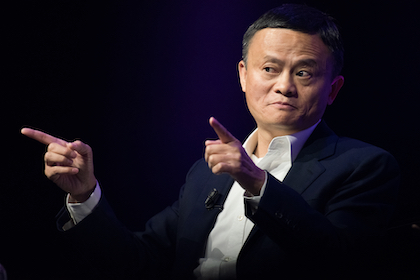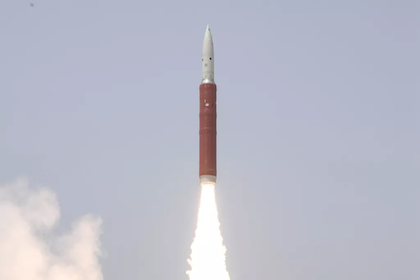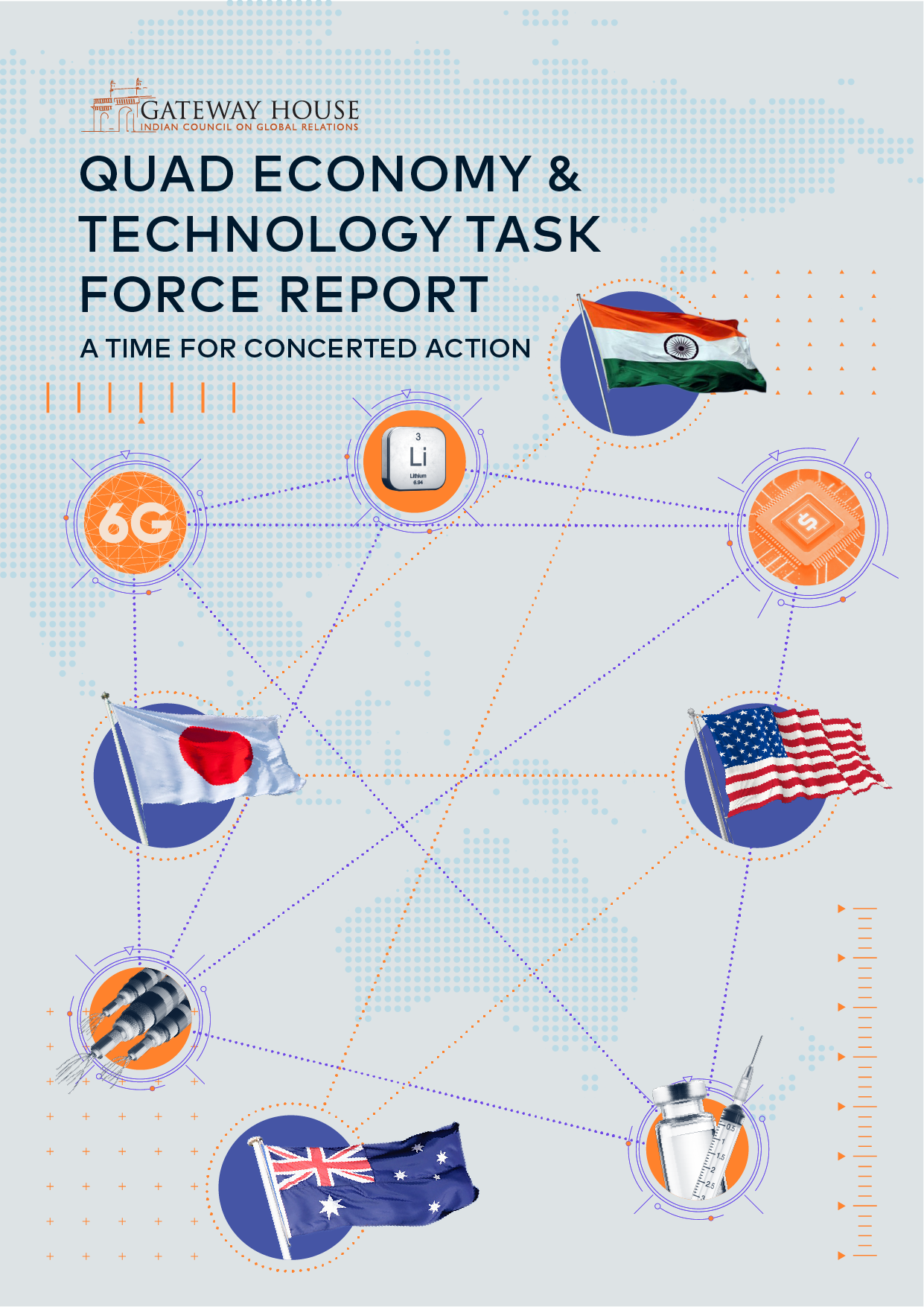India-China: Diverging tech trajectories
The simultaneous rise of India's tech unicorns with the unexpected crackdown by China on its star tech players, is an interesting study. India will certainly be a beneficiary of China's move, which is likely to scare foreign capital away. There's plenty on offer in India, with nearly 60 IPOs scheduled for a 2021 listing.










